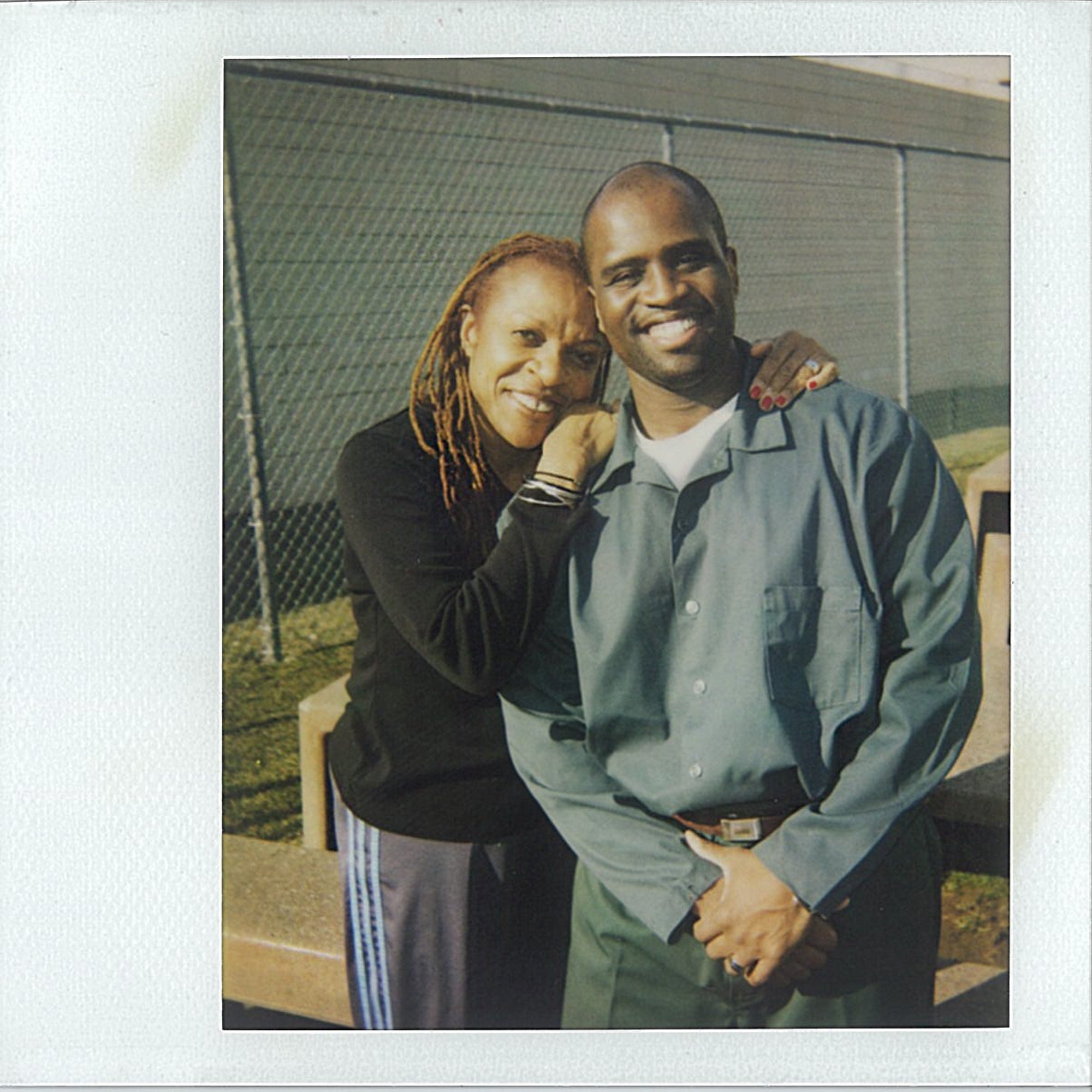
An estimated 700,000 people are released from prison in the United States every year. Where do they all go? How do they find employment, reunite with their families and access education? Sheila Rule, founder of Think Outside the Cell Foundation, enlisted Supervising Producer/Business Development Consultant Kimberly Soenen to produce a multimedia documentary short about the experience of reentry and the stigma formerly incarcerated persons endure upon returning to society. Rule shares with ESSENCE.com why this issue is so personal to her and many other families across the United States.
Below, read Rule’s personal story and watch “The Long Shadow of Incarceration’s Stigma.”
More than a decade ago, I was handed a small bundle of letters bound together by rubber bands and circumstances. Their contents would change the trajectory of my life.
I approached the letters with no preconceived ideas.
My years as a newspaper journalist traveling throughout the United States, Africa and Europe had shown me time and again how practicing a fundamental rule of my profession—never assume anything—could reveal deep and abiding truths about people, places and situations.
The straightforward power of the letters moved me. One came from a lawyer by profession who wrote poetry. Another was from a woman yearning for her children. A third was written by a man in search of greater spirituality. What they shared was their humanity, and an unspoken plea that they not be judged solely by their mistakes and bad choices.
These men and women were the first among scores of incarcerated people to whom I would write as a volunteer for the Riverside Church Prison Ministry in New York City. It wasn’t long before the hearts and minds laid bare in those letters inspired me to look for ways to help beyond the occasional correspondence.
It was around that time that the Prison Ministry received a letter from a man named Joseph Robinson, who was incarcerated in upstate New York. His request wasn’t unlike others; he wanted someone to correspond with. I wrote back, and thus began an exchange of letters that would ultimately lead to our marriage and to the Think Outside the Cell Foundation, a nonprofit organization of which Joe and I are co-founders.
These days, it’s not unusual for me to be confronted by raised eyebrows telegraphing this question: Why in the world would you marry a convict, an inmate, an offender? The answer is fairly simple: I didn’t marry a convict, an inmate, an offender. I married Joe, and he is all that I’ve ever hoped for in a husband. He is kind, generous, thoughtful, confident, funny, intelligent, forgiving, supportive, attentive. He provides for my soul in ways that I could not have imagined. He has a love of books and learning. He’s always striving to give his best, to be his best. He has a sense of purpose and duty; he works to give back to the community he once helped to degrade. With his own boundless potential, he seeks ways to honor the potential of the man whose life he took more than twenty years ago.
My Joe is a good man. But that is not what people typically assume about him, or about others among the millions upon millions of men and women in this nation who have ever been incarcerated. Instead, they are eternally viewed through the distorted lenses of criminalization, stigmatization and marginalization. Such distortions undergird policies that shut these men and women out of mainstream society—for the rest of their lives. From discrimination in employment, education and housing to the loss of voting rights, the stigma makes its weight felt. The human and economic costs are incalculable.
These are costs that we as a society do not have to continue to pay. When we combat the wholesale marginalization of those who live in the long shadow or prison we increase the likelihood that they will become productive members of their communities, we help to enable them to embrace their full potential, and we plant the seeds for a more just society—one in which no one bears the crippling weight of being judged solely by their mistakes and bad choices.
Sheila Rule spent more than 30 years as a journalist at The New York Times. After retiring, she co-founded the Think Outside the Cell Foundation, which seeks to end the stigma of incarceration and help those who’ve been in prison to create their own opportunities. www.thinkoutsidethecell.org
Upcoming Screenings & Events for “The Long Shadow of Incarceration’s Stigma”:
April 24
The Institute for Criminal Justice Ethics
John Jay College
524 West 59th Street, Room L. 63
New York, NY
6:00-8:00pm
More events here:
